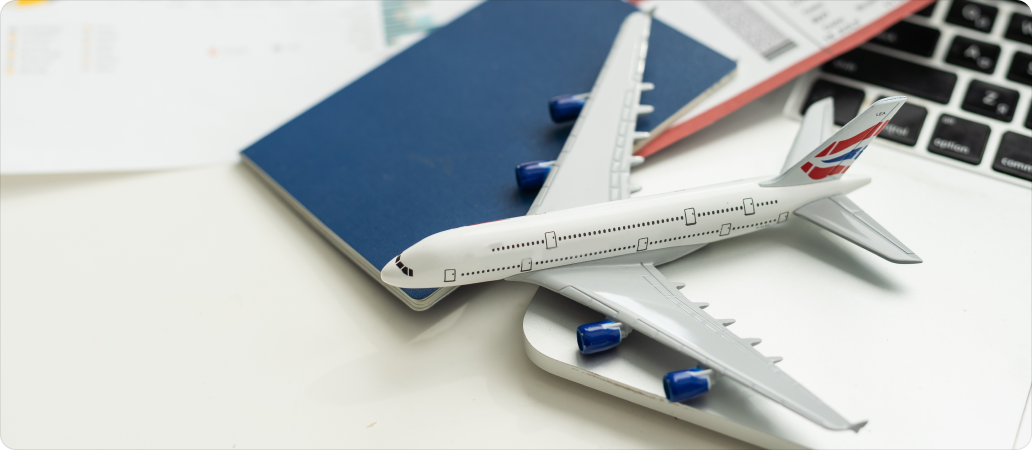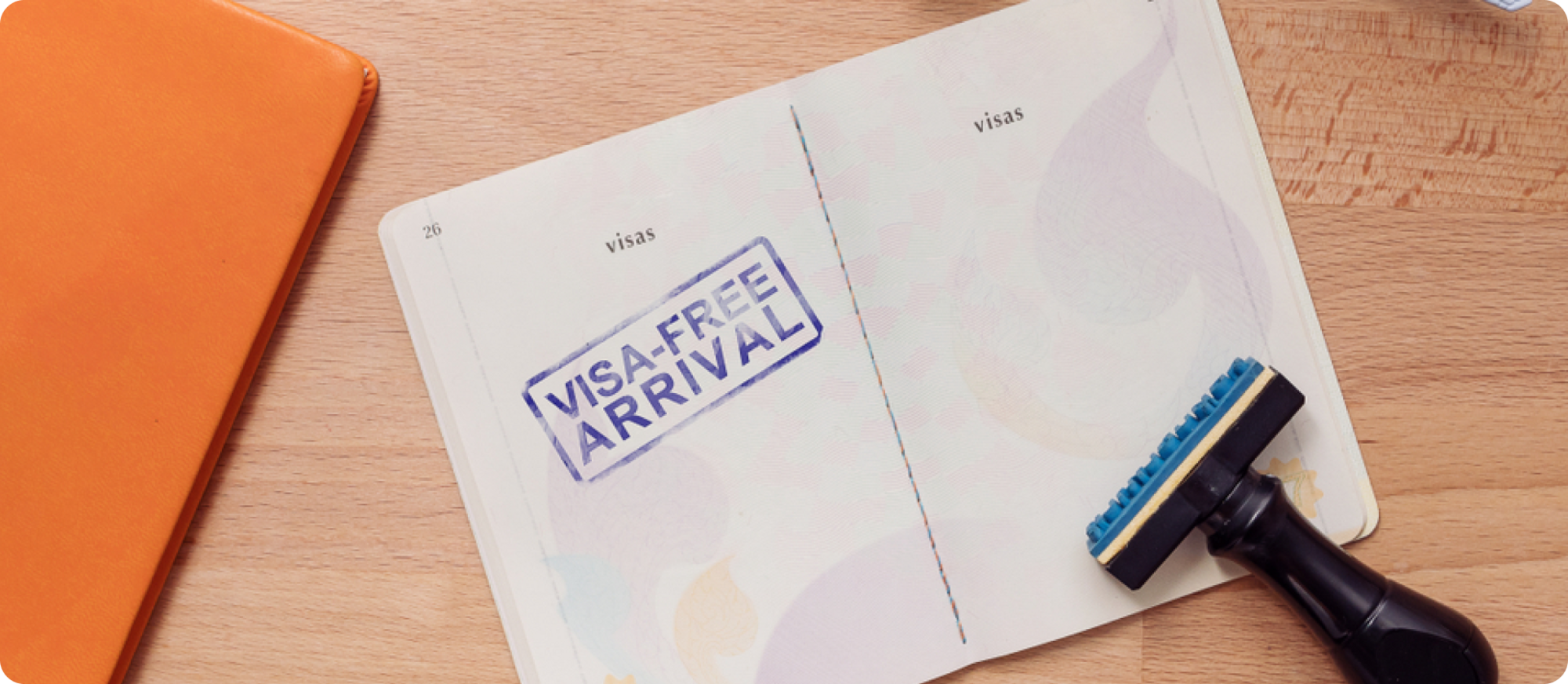With your flights confirmed and accommodation set, you’re already halfway to an unforgettable vacation. Now comes the part that often sneaks up on even the best planners: ensuring your finances stay in check throughout the trip. Balancing relaxation with mindful spending ensures your vacation stays stress-free and enjoyable. Here are some simple, effective ways to stay on top of your vacation budget, so every moment is worry-free.
Managing Travel Costs on the Ground
Now that you’re on the ground, it’s crucial to have a clear plan for handling daily expenses. Set a flexible daily or weekly budget to stay in control while still enjoying yourself. One way to keep track is by using a budgeting app or even a simple notes app on your phone to log your expenses as you go. Many apps even offer travel-specific features that help categorise expenses and convert currencies, so you know exactly how much you’re spending in real-time.
Tips:
- Use a travel debit or prepaid card to avoid foreign transaction fees.
- Exchange a small amount of local currency in advance for minor expenses.
- Limit ATM usage to avoid repeated withdrawal fees; withdraw larger - amounts if safe to do so.
Managing Food Expenses on Vacation
Dining out can get expensive, but a little planning goes a long way. Before dining out, try researching popular yet affordable local spots or look up “budget-friendly restaurants near me” on search engines. Additionally, prioritising street food or local cafes can often save money compared to eating at more tourist-focused restaurants.
Tips:
- Base your daily food budget on typical spending at home—perhaps splurging on dinner and keeping breakfast or lunch simpler.
- Shop at local markets or grocery stores if you have kitchen access—preparing some meals can save money.
- Use a travel credit card with dining rewards or cashback, ideally one with no foreign transaction fees.
Budgeting for Activities and Excursions
Activities and excursions are often a major part of any vacation and they’re also one of the areas where people tend to overspend. To avoid this, outline your planned activities in advance and prioritise them into 'must-do' and 'nice-to-do'. Categorise them into “must-do” and “nice-to-do”. This helps prioritise your budget, ensuring you don’t miss out on your top experiences.
Tips:
- Look for multi-attraction passes or bundles that offer discounts.
- Include free or low-cost activities like scenic hikes or museums with free entry days.
- Pre-book activities online when possible, to lock in lower rates.
- Use a credit card that rewards entertainment spending.
Staying on Budget While Shopping
Shopping is often one of the most exciting parts of a vacation, but it’s easy to go overboard. A pre-set shopping budget helps you enjoy the experience without overspending.
Tips:
Set a total shopping limit—and stick to it.
List what you want to buy (e.g. souvenirs, clothes, specialty items) to allocate funds wisely.
Use a credit card with purchase protection for higher-value items.
Conclusion
Vacation budgeting doesn’t have to be stressful. A bit of planning goes a long way toward a carefree trip. The key is to create a plan, stick to it as much as possible and adjust when needed. With a bit of foresight and flexibility, you can keep your budget balanced and enjoy every moment of your journey. So go ahead—make memories, stay mindful, and let your vacation unfold just the way you imagined.



